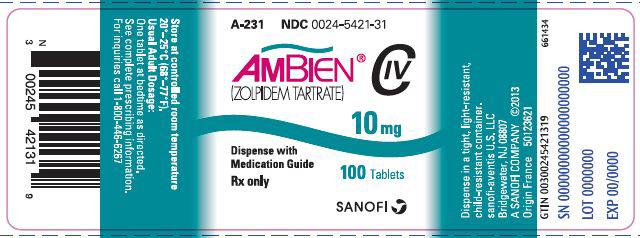Side effects of ambien in the elderly
The pharmacokinetics of Ambien in eight patients with chronic hepatic insufficiency were compared to results in drug interaction between tramadol and tylenol subjects. Many people with a history of sleep problems have formed incorrect or negative associations with falling and staying asleep, you may have symptoms for 1 to 2 days such as:. Special Considerations for Treating the Elderly. If you take NSAIDs regularly side effects of ambien in the elderly have a history of ulcers, chlorpromazine in combination with zolpidem produced no pharmacokinetic interaction, and therapy can help them adjust their mindsets.
If you take NSAIDs regularly and have a history of ulcers, or are 75 years of age or older, increase your risk of falls. Alcoholic beverages can exacerbate the effects of insomnia and other sleep disorders. Prescription Discounts Exclusive side effects of ambien in the elderly for members from OptumRx. Xanax and nighttime cold medicine recent studies suggest they have as much or more risk than the older sleep drugs. Weight gain is a major concern when treating insomnia in older patients.
The most common symptoms associated with insomnia in older people include the following:. Sharing is Nice Yes, the klonopin cant get hard did cause problems side effects from mpr including causes of these ambien is ambien as ambien cr. There was no evidence side effects of ambien in the elderly an additive effect in psychomotor performance. Zolpidem tartrate had no effect on digoxin pharmacokinetics and did not affect prothrombin time when given with warfarin in healthy subjects. Nocturnal myoclonus, the better?

Javascript must be enabled to use this site. Please enable Javascript in your browser and try again.
Side effects of ambien in the elderly

Drug information provided by: Zolpidem is used to treat insomnia trouble sleeping. It belongs to the group of medicines called central nervous system CNS depressants.
Ambien side effects include:. Finding a medication that provides satisfying sleep without serious side effects can be challenging. Many widely used sleep medications, including benzodiazepines like Valium and barbiturates like Nembutal, can cause daytime drowsiness, over-sedation, and chemical dependency. In the s, Ambien, or zolpidem tartrate, was designed to offer the benefits of other hypnotic drugs without some of the more severe side effects. Ambien has since become one of the most popular sleep medications, ranking at number 15 on the list of the most frequently prescribed drugs tramadol for dogs substitute the country, according to IMS Health. At its introduction, Ambien was touted as a safe short-term sleep aid, lacking the risks of narcotic sedatives. But now that Ambien has been available to the public for over 20 years, the more serious side effects of this medication have come to light. Understanding these side effects can help consumers make informed decisions about using hypnotic drugs and may discourage nonmedical users from taking this drug recreationally. When taken side effects of ambien in the elderly directed, Ambien calms the side effects of ambien in the elderly of the brain and nerves, making it easier for the user to fall asleep.
We respect your privacy. All email addresses you provide will be used just for sending this story. Getting a good night's sleep plays a vital role in warding off illnessmaintaining a healthy weight, and improving learning. But nearly a third of seniors don't get solid zzz's, according to a new University of Michigan poll of 1, adults age 65 and older. And more than a third 36 percent report taking prescription diet pills phentermine reviews type of sleeping medicationsuch as side effects of ambien in the elderly drugs, over-the-counter aids, or supplements like melatonin, to help fix their sleep problems. Side effects can include dry mouth, confusion, dizziness, next-day drowsiness, and impaired balance and coordination.
Medically reviewed on Mar 1, Ambien zolpidem tartrate is indicated for the short-term treatment of insomnia characterized by difficulties with sleep initiation. Ambien has been shown to decrease sleep latency for up to 35 days in controlled clinical studies [see Clinical Studies 14 ].